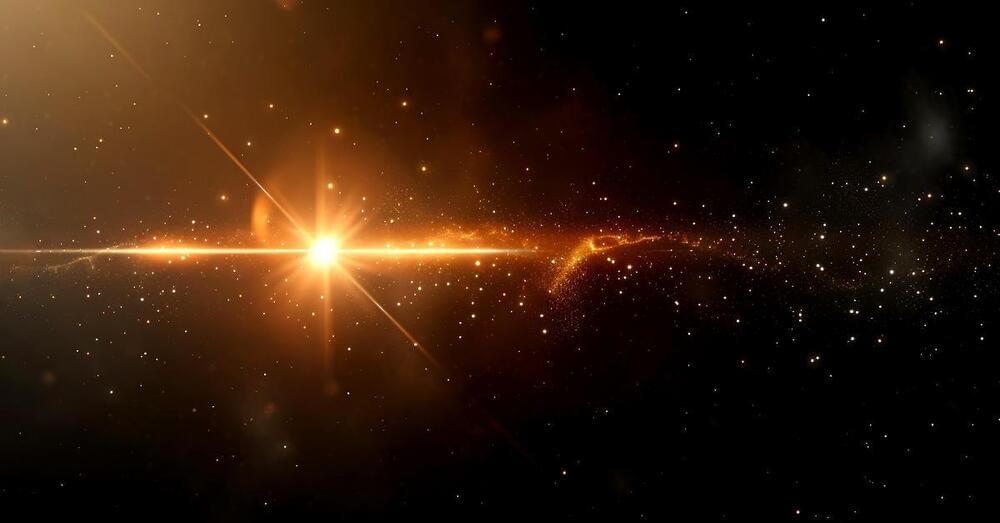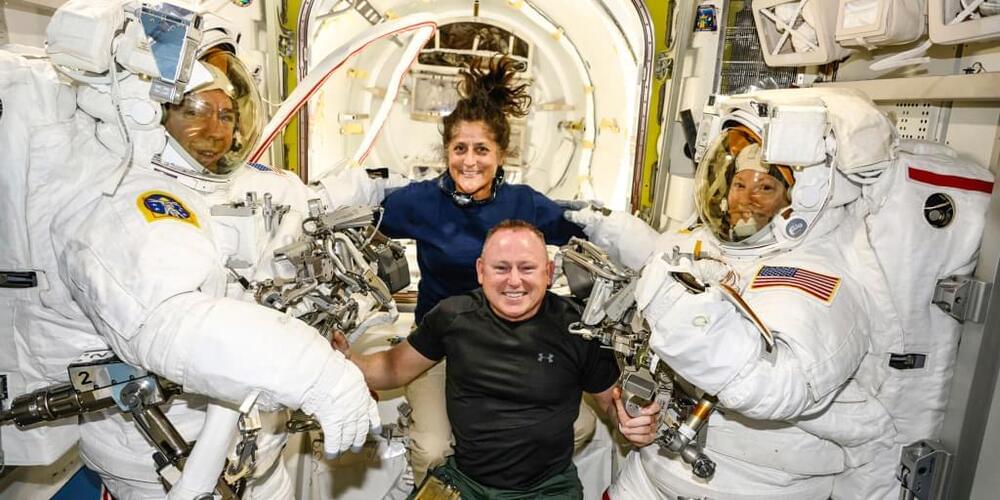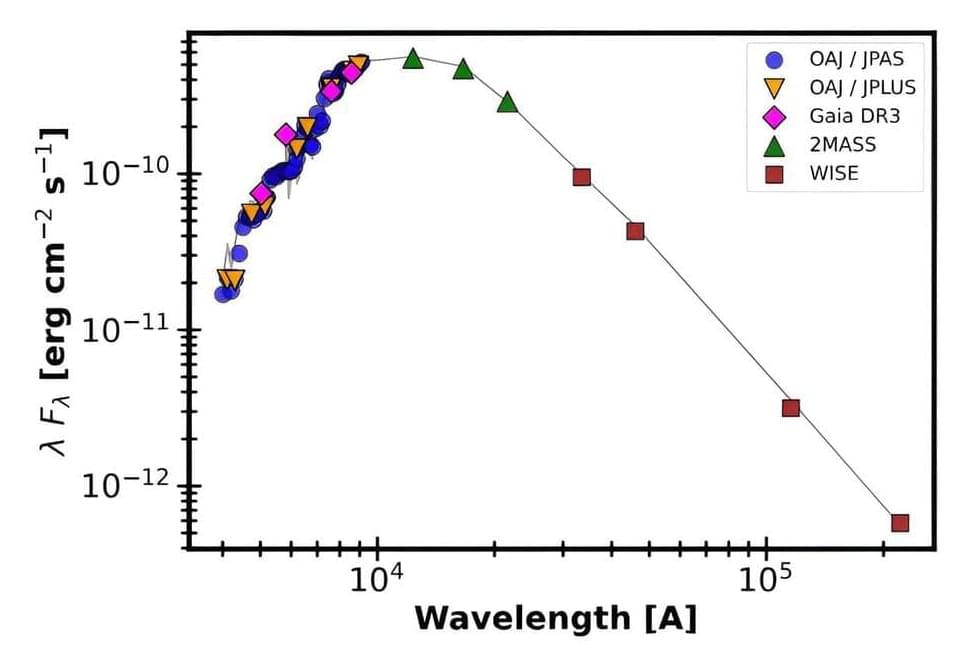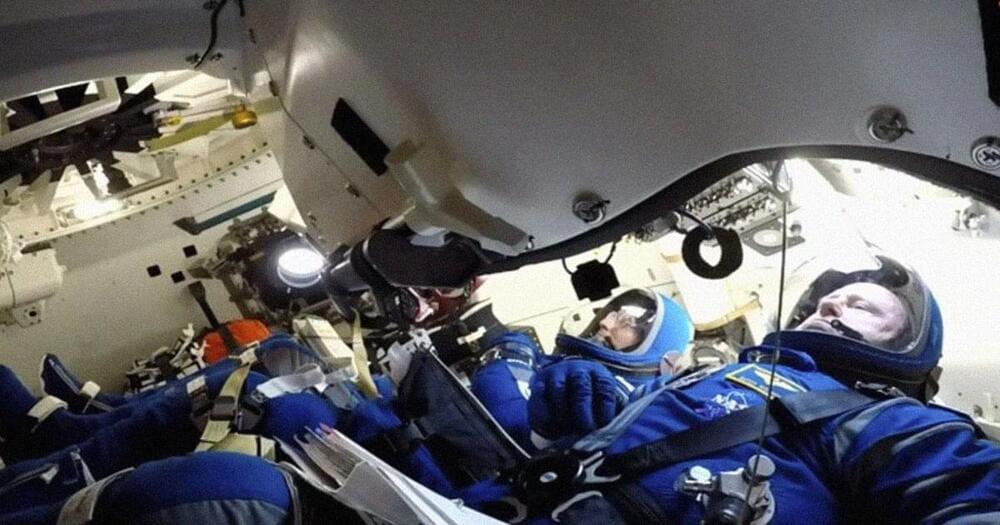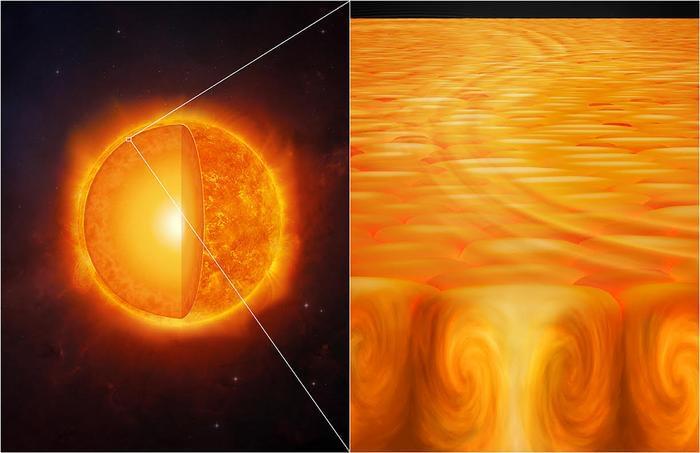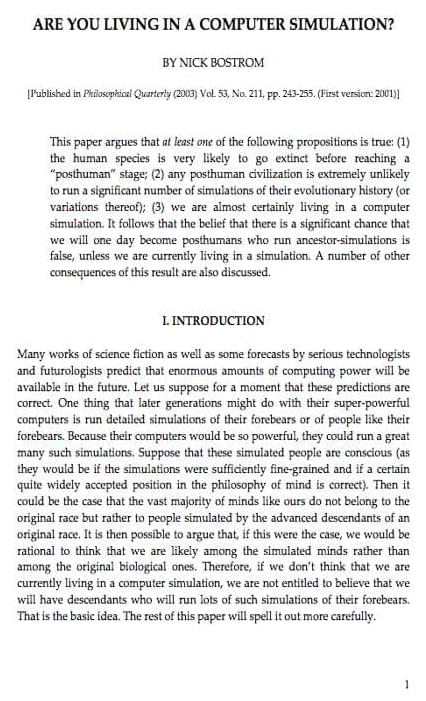“Supergranules are a significant component of the heat transport mechanisms of the sun, but they present a serious challenge for scientists to understand,” said Dr. Shravan Hanasoge.
How does the Sun’s interior function and produce the energy needed to allow life to exist on the Earth? This is what a recent study published in Nature Astronomy hopes to address as a team of international researchers led by New York University Abu Dhabi (NYU Abu Dhabi) investigated how the Sun delivers heat from its interior to the surface, also known as convection, through its supergranules, whose individual structures have diameters three times greater than the Earth. This study holds the potential to help researchers better understand the Sun’s convection processes while also challenging previous hypotheses about the Sun’s convection, as well.
For the study, the researchers conducted one of the most in-depth analyses of the Sun’s supergranuales using NASA’s Solar Dynamics Observatory, which is in geosynchronous orbit around the Earth, to examine approximately 23,000 supergranules across the Sun’s surface. The team used sound waves to examine the supergranules’ interiors, which previous studies have also done, as well. Through this, the team was able to measure upflows and downflows with incredible precision compared to past studies.
